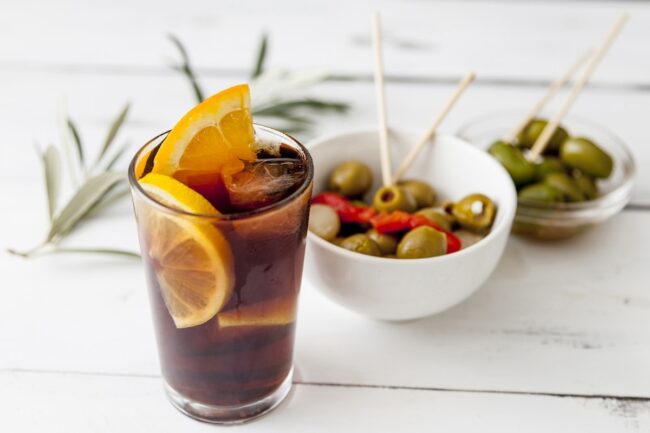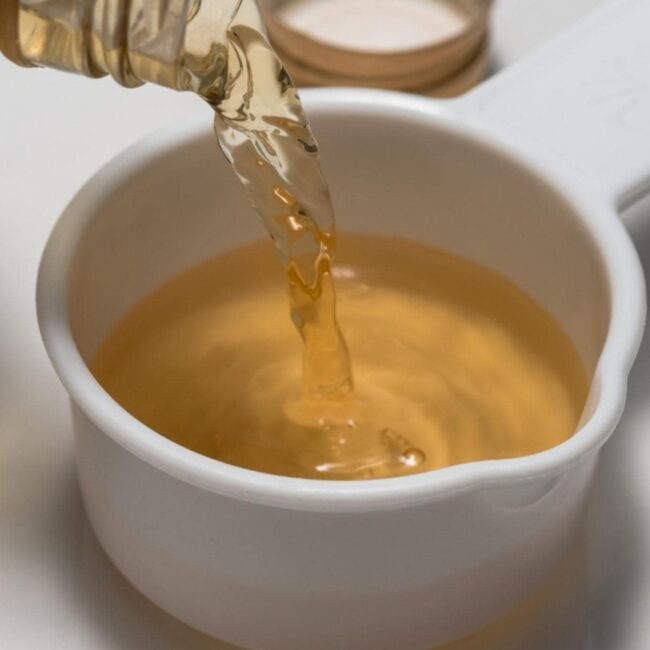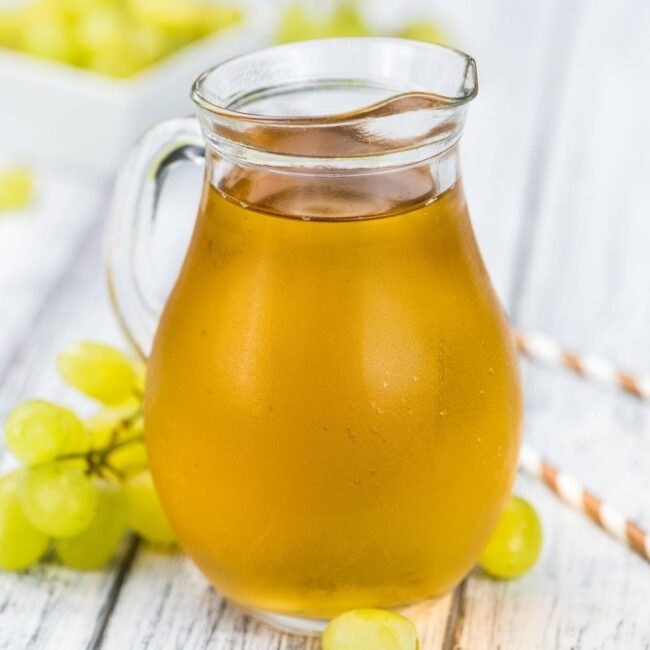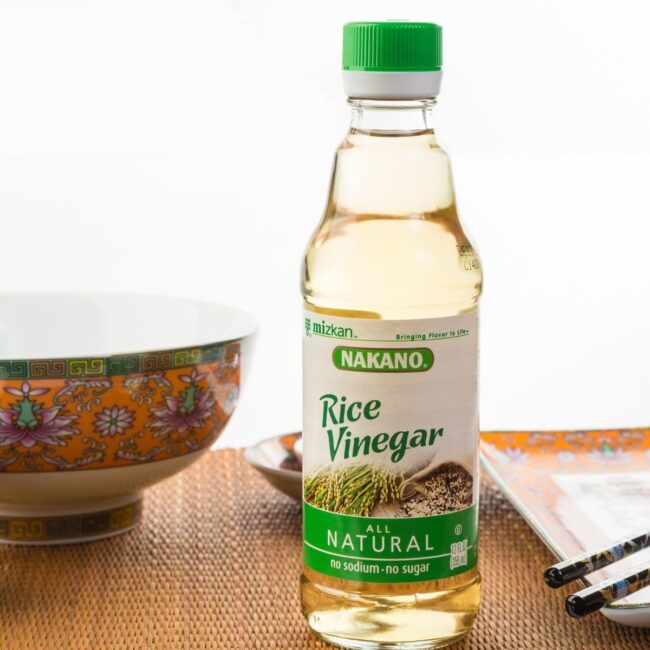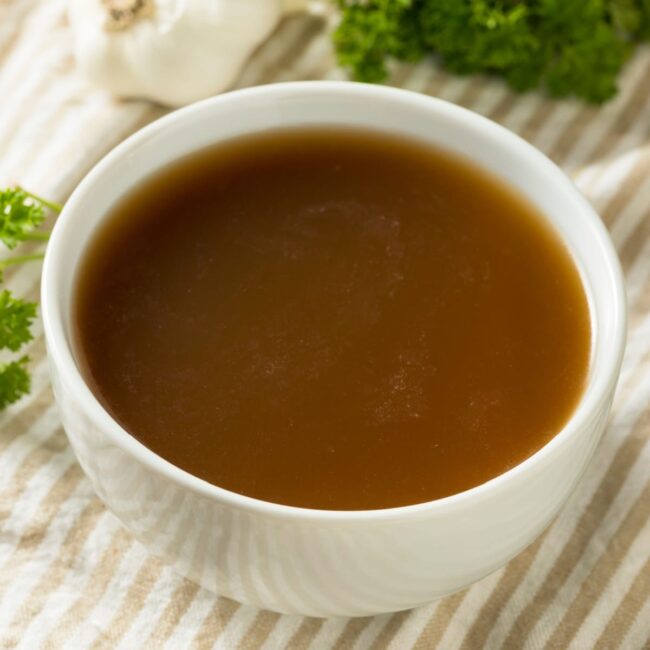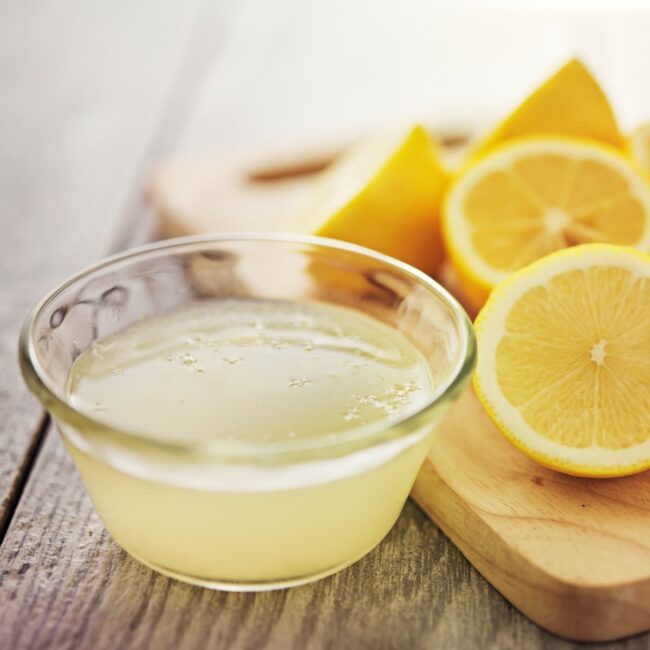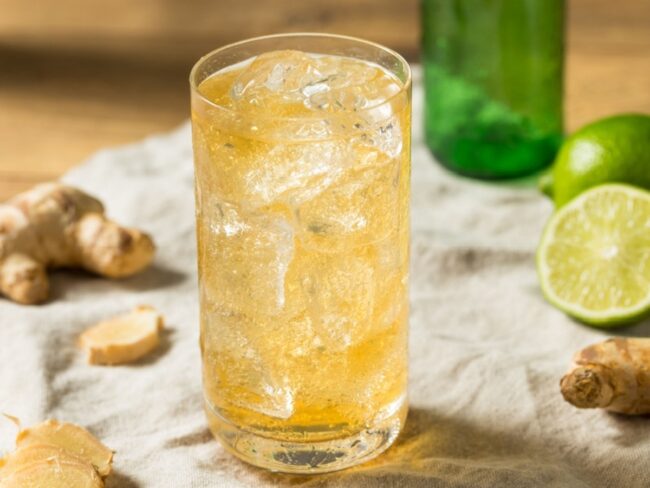10 White Wine Substitutes for Cooking and Sauces
Substitutes for white wine bring similar brightness and complexity without losing depth. Some alternatives offer mild acidity, while others add a slightly floral or fruity note.
The right choice depends on the dish, whether it's for deglazing, reducing, or enhancing sauces. A few options work well in cream-based recipes, while others balance out savory dishes.
Certain substitutes add the right amount of sharpness while blending naturally into cooking. Need a white wine alternative?
These 10 choices will keep your recipes flavorful:
How White Wine Works in Cooking
Using white wine in cooking brings a special touch that many appreciate. It adds both flavor and acidity, enhancing the overall dish while balancing rich ingredients. Here’s how to make the most of this ingredient:
Alcohol-Based Vinegar Replacements
These substitutes provide the tangy bite of vinegar while still containing alcohol.
Vermouth
Vermouth is a fortified wine renowned for its ability to stand in for white wine in various recipes. With its dry profile, it mirrors the characteristics of white wine closely, making it an ideal one-to-one substitute.
The herbal notes enrich dishes like sauces, stews, and risottos with depth and complexity that enhances their overall flavor. Utilizing vermouth opens up opportunities to experiment with new layers of taste while maintaining familiar elements within your cooking repertoire.
It's a smart choice when aiming to add sophistication without straying from traditional flavors found in beloved recipes. This versatile ingredient offers both convenience and culinary intrigue seamlessly intertwined into your meals.
Marsala Wine
Marsala wine is a fortified Italian gem hailing from Sicily, renowned for its versatility in both sweet and savory applications. The dry variant excels in enhancing the depth of flavor in sauces, stews, and marinades due to its balanced acidity.
When incorporating this distinctive wine into your cooking, it's wise to use it judiciously; too much can easily dominate the other ingredients. Its rich character adds a unique touch that elevates traditional recipes while offering an authentic taste experience you won't forget.
Consider Marsala as not just an ingredient but also as a way to impart warmth and complexity into your favorite dishes without overwhelming them.
Rum
Rum serves as an intriguing substitute for alcohol in various recipes, bringing a rich sweetness and complexity that enhances flavors. With its bold characteristics, it's essential to start with a smaller amount to prevent overwhelming the dish.
As you experiment with this spirit, you'll find it complements both savory and sweet preparations beautifully. Adjusting the quantity allows you to achieve just the right balance without compromising your culinary creations.
Incorporating rum can add an unexpected twist that elevates classic dishes or desserts alike while providing warmth and depth.
Red Wine
Red wine serves as an excellent substitute for white wine in various recipes, particularly when you want to add a touch of richness. Lighter varieties such as Pinot Noir work best, offering a smoother profile that complements many dishes without overwhelming them.
Using equal amounts ensures your dish maintains its intended flavor balance while introducing a new depth. The slight color shift can enhance the visual appeal, making it intriguing yet familiar at the same time.
You’ll find this swap works wonders in sauces and marinades where complexity is desired. Embracing red wine opens up exciting possibilities in your culinary adventures.
Non-Alcoholic Vinegar Substitutes
Skip the alcohol while keeping the acidity and flavor with these vinegar alternatives.
Apple Cider Vinegar & White Wine Vinegar
Apple cider vinegar and white wine vinegar serve as excellent non-alcoholic substitutes, mirroring the acidic qualities of white wine. Their zesty flavor enhances dressings, marinades, and sauces with a refreshing kick.
Diluting them with water in equal parts softens their sharpness while preserving the intended tangy essence. These versatile vinegars can elevate your culinary creations without alcohol's presence.
Ideal for those seeking flavorful alternatives in cooking or entertaining at home, they add depth to any dish effortlessly.
White Grape Juice, Grape Juice, or Apple Juice
Non-alcoholic substitutes include white grape juice, grape juice, and apple juice. These juices deliver a refreshing sweetness along with fruity undertones that enhance various dishes.
When you want to add more acidity, incorporating a dash of vinegar can elevate the flavor profile beautifully. Ideal for sweet recipes or fruit-centric sauces, these options allow you to maintain delicious flavors without alcohol.
You might find these alternatives versatile enough for both cooking and mixing in beverages too. Choosing non-alcoholic substitutes opens up new possibilities while keeping your culinary creations enjoyable and inclusive.
Rice Vinegar & Rice Wine Vinegar
Rice vinegar and rice wine vinegar serve as excellent non-alcoholic alternatives, particularly shining in Asian-inspired cuisine. Their delicate flavor enhances dishes without overpowering other ingredients, making them ideal for marinades or dressings.
Unlike many vinegars, these options boast a lower acidity level that allows you to use them straight from the bottle with no need for dilution. These versatile condiments can elevate everything from stir-fries to sushi rolls effortlessly.
Incorporating rice vinegar into your cooking not only enriches flavors but also provides a subtle complexity that is hard to replicate with standard vinegars. Perfectly suited for anyone looking to explore new culinary horizons while keeping it alcohol-free.
Broths (Chicken or Vegetable)
Broths serve as an excellent non-alcoholic substitute, enhancing dishes with a rich and savory flavor profile. Chicken or vegetable options provide versatility in your cooking, seamlessly fitting into soups, stews, and sauces.
Opting for low-sodium varieties allows you to manage salt levels while still achieving depth in taste. Using broth not only enhances the overall dish but also complements other ingredients beautifully.
This option appeals to anyone looking for flavorful alternatives without the use of alcohol.
Lemon Juice
Lemon juice serves as a refreshing non-alcoholic substitute that brings vibrant acidity and brightness to your dishes.
Using it in a diluted form, mixing equal parts of lemon juice and water, ensures the flavor enhances without overwhelming other ingredients.
This zesty addition pairs exceptionally well with seafood, poultry, or light sauces, adding depth while keeping meals balanced.
Incorporating this versatile ingredient can transform everyday recipes into something special by offering an invigorating taste profile that complements various cuisines beautifully.
Ginger Ale
Ginger ale is a refreshing alternative that brings sweetness and gentle fizz to various dishes. This bubbly beverage pairs wonderfully with recipes needing a hint of ginger, enhancing flavors in stir-fries or complementing sauces beautifully.
You can easily incorporate it into marinades for meats or as a mixer in non-alcoholic cocktails, adding an extra layer of taste without overwhelming the palate. With its lively character, ginger ale transforms simple meals into something special while maintaining balance in flavor profiles.
It's an accessible option for those looking to enjoy delightful beverages without alcohol’s effects.
Best White Wine Substitutes for Recipes
Choosing alternatives for white wine in your cooking can enhance flavors without sacrificing quality. Here are some effective substitutes that you might find useful:

